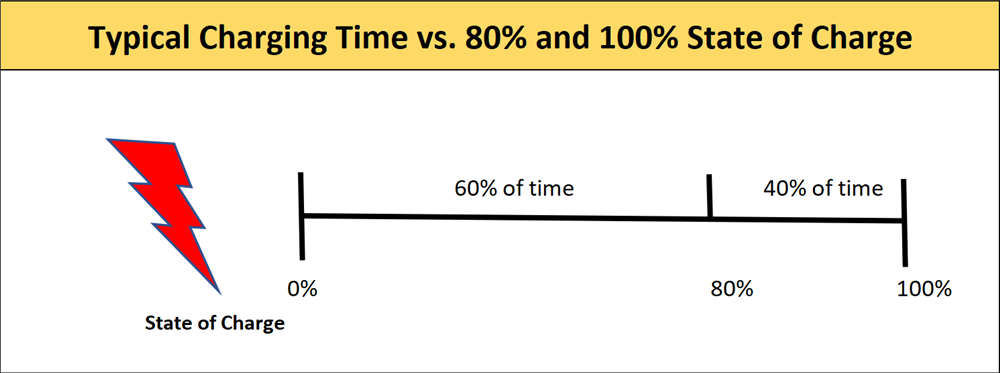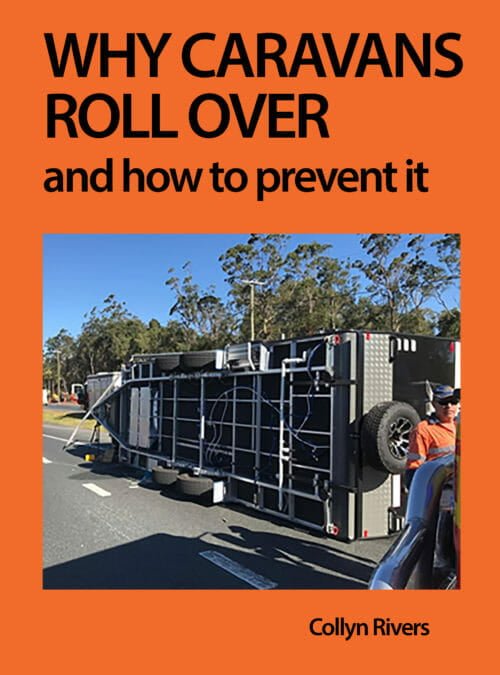Generator Battery Charging – Quickly and Deeply
Quick and deep generator battery charging is totally possible. You must, however, know how to do it. This article reveals all. It explains why and how. The article is valid for both 120-volt and 240-volt generators.
All such generators have a 12-volt DC socket. Some generator makers label it ‘Battery Charger’. This socket, however, is intended to power small 12-volt devices, such as a TV directly. Its output is a typically unregulated 13.6-volts. It drops under load (to 12.6-volts or less). That voltage is, nevertheless, fine for running 12-volt lights and appliances.
Lead acid and AGM batteries
A generator’s typically unregulated 13.6-volts is far too low for full and speedy battery charging. It may half-charge a flat 100 amp-hour lead-acid or AGM battery within six or so hours. From there on, charging progressively reduces. It may take further 24 hours to charge it over 70%. And a week or more more to fully charge it.
The solution is simple and effective. Charge the battery via a 240-volt (or 120-volt) battery charger powered by the generator’s 240-volt (or 120-volt) outlet. The size charger required (and its safe charging rates) varies with battery capacity and types. This is particularly so for LiFePO4 batteries.
As a general guide, most lead type batteries below 180-200 amp-hour typically have a recommended maximum charging current of less than 40 amps. For these a 25-amp charger is adequate.
Charging Voltage
Recommended maximum charging voltages for most AGM or gel batteries are around 14.6 volts,but always check the manufacturer’s recommendation.
For lead-acid and AGM batteries once fully charged, to avoid overcharging and to extend battery life, the charger should drop to about 13.2-13.3 volts.
Charging in high temperatures
Battery maker charging recommendations usually for an ambient temperature of 250 C. Regardless of battery type, if charged in a high-ambient temperature environment, such as an engine bay, check the battery manufacturer’s related recommendations. Some batteries (particularly AGMs) are not suitable for engine bay installation. Some battery warranties are void if installed in engine bay temperatures.
If there is no realistic way of relocating a battery in higher temperature environment, if feasible charge it a lower maximum voltage. The lowest setting is generally advisable.

It generally takes 40% of the total charging time to recharge the last 20% of a battery, this is the most important stage to help improve the battery’s service life and overall performance. Using a fast battery charger with pre-set absorption times on smart chargers may not provide enough time to fully charge the battery. Pic: Redarc.
The importance of battery specification
Many charging problems are due to ignoring battery specifications. The most relevant for a specific battery (e.g. LiFeP04 and AGM) are maximum charging voltage and maximum charging current.
Different types of batteries will have different chemical reactions when being charged so they generally need to be charged in a specific way. The charge profile will consist of a maximum charge voltage and will provide the battery current in the correct way to ensure it charges to a 100% state of charge.
If you pick the wrong charger or match it with the wrong profile you can expect to drastically reduce the batteries health and life, there is also a chance that the battery could fail. This dual battery selector tool can help get you started.
Smart Alternators
Today’s modern vehicles smart alternators improve fuel efficiency and reduce engine emissions. Vehicles equipped with a smart alternator allow the vehicle to control the output voltage from the alternator. Doing so based on vehicle operating conditions reduces the electrical and mechanical loads.
A smart alternator’s output is optimised for charging the vehicle’s starter motor battery. It does not consider the secondary battery’s state of charge, chemistry type or location in the vehicle – of which are all influencing variables in how it functions,
Good DC-DC battery chargers such as the Redarc BCDC range are designed for both standard and variable voltage/smart alternators. They provide a tailored multi-stage charge process for both starter battery and the RV’s auxiliary batteries. Many have provision for solar input, thus placings less load on the alternator when the engine is running.
Charging LiFePO4 batteries
Many people attempt to charge a 12-volt LiFePO4 battery from a standard lead-acid battery charger. The maximum voltage of these chargers is about 14.4-volts. This is fine for much of a lead-acid battery charging sequence. Most lead acid chargers, however, lower their voltage (to 13.8-volts), for the float charge that deep-cycle and AGM batteries require before the battery is 100% charged.
The only reliable way to fully charge a LiFePO4 battery is via a dedicated LiFePO4 battery charger, or one with an optional LiFePO4 program. Do not skimp on that battery charger. Any savings are lost by more fuel needed to run generator longer. A good LiFePO4 battery charger will cost you much the same price as the battery (or battery bank) that it is to charge.
Note:
This article refers to 230-volts in many places. While the grid voltage in Australia is ‘officially’ 230 volts, in much of the country it is about 238-volts.
Our book Caravan & Motorhome Electrics explains all this and much more in-depth: See also Article Lithium-ion batteries in caravans and motorhomes on this website.
Please also see Solar That Really Works! (for boats, cabins and RVs) and Solar Success (for homes and properties).
All our books are now available as digital. Buy and download right now from this website. Just Click on the name of the book.




